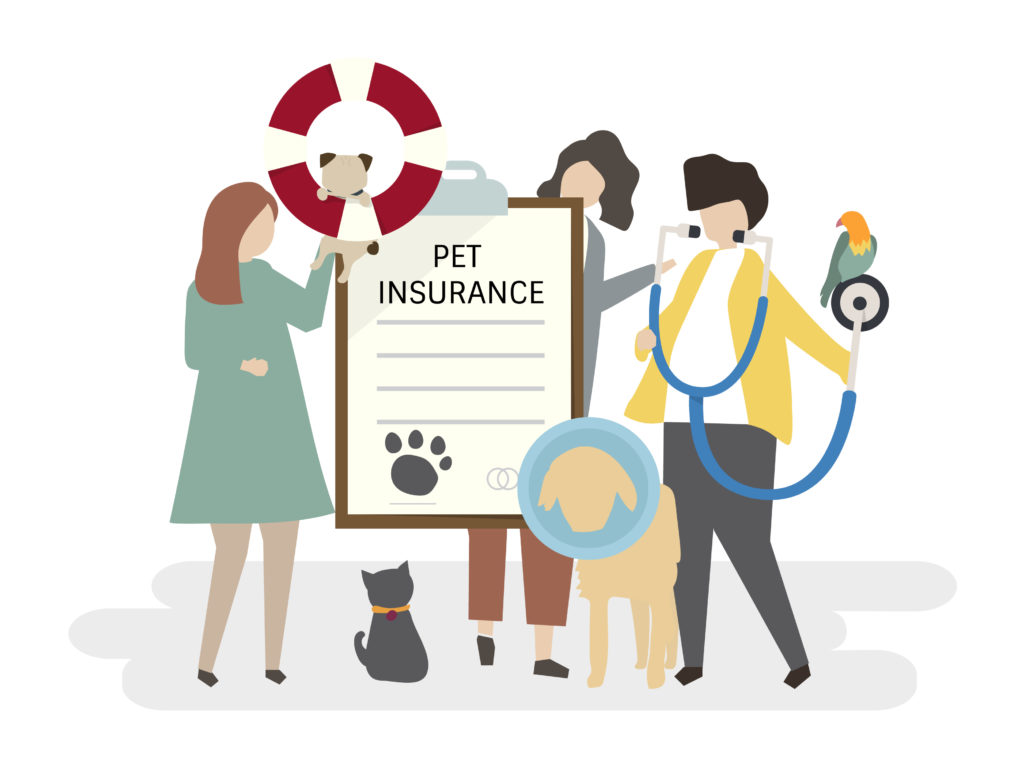Understanding Pet Insurance: A Comprehensive Guide for Pet Owners

While you’ve likely heard of pet insurance, you may not fully understand its purpose and mechanics.
Pet insurance steps in when your beloved pet faces illness or injury, covering crucial vet expenses.
Once you’ve settled your vet bills, simply submit them to your pet insurer for reimbursement.
The exact amount you receive depends on policy limits and deductibles, ensuring fair compensation.
A pet insurance policy is your safety net, ready to handle unexpected, costly emergency vet visits.
Vet bills can strain your finances, making pet insurance an essential financial safeguard.
Pet insurance becomes invaluable when your furry friend faces unexpected illnesses or accidents, providing peace of mind.
What is a pet insurance policy?


Credits: Pixabay
A pet insurance policy acts as human health insurance for pets and covers the cost of medical care for a pet.
- If your pet meets with an accident or becomes sick, the vet bill can build over time and become expensive.
- This insurance policy will help you pay the bills.
This insurance policy only covers aspects mentioned in the policy and does not cover the disease or routine care that was prevalent before this policy.
- People might pay the vet’s expenses at their own cost because it is unlikely to know when this insurance might come in handy.
Types of Pet Insurance Policies
- Illness and Accident: An accident and illness insurance policy is the most common type of policy and covers any accident or disease of your pet.
- Only Accident: It is one of the most bought insurance policies for pets and covers accidents ranging from your pet swallowing a toy to getting hit by a car. It is more affordable than the illness and accident policy as it covers only accidents and does not cover illnesses such as arthritis or diabetes.
- Preventive or Wellness care: Preventive or wellness care is just an additional policy of the above-mentioned policies. It covers vaccines, visits, and other routine care.
Working of the Pet Insurance Policy


Credits: freepik
A short period is required after buying a pet insurance policy, after which you can get the coverage mentioned in that policy.
- The waiting period before the coverage starts takes a few days to a couple of weeks.
You can avail the benefits of this policy, and coverage will be provided to you for the vet’s expenses as long as you pay your premiums from time to time.
- There are two options that the insurer provides you for payment. One is monthly, and the other is a yearly payment.
Most policies cover all licensed vets, so you don’t need to worry about where to use this coverage for expenses.
It is common in most policies to pay the vet’s bill first and then ask for compensation from your insurer by giving him the receipt.
- Some insurers can directly pay the vet’s bill, so you don’t have to use your money and get compensated after showing him the receipt.
Factors that Affect the Coverage of the Policy


Credits: freepik
Payout Limits
The maximum coverage an insurer can provide you is fixated, but some policies do not have a capped amount to offer for covered treatments.
- You can either choose an unlimited option or an annual limit.
You must read your policy well to understand these aspects better.
- In a plan, there may be limits for payout.
More the coverage of your plan, the more the premium cost.
Deductibles
Before the insurance company covers your bills, you must pay through your pocket, known as deductibles.
- Once you have paid the bill, the policy starts its reimbursement.
- When the policy is renewed, this deductible is reset.
It can be the best option if your pet has a chronic disease.
- However, for different diseases, you have to pay different deductibles.
Reimbursement Levels
An insurer provides you with various plans that have different reimbursement levels (70%, 80%, and 90%).The higher the reimbursement level you want, the higher the premium you have to pay.
Is pet insurance a requirement?


Credits: freepik
The law has not made it mandatory to buy a pet insurance policy.
The majority of people reimburse a vet’s bill through their pocket without being dependent on an insurance policy.
- It is not worth it for pets that are generally healthy and is cheaper than buying insurance.
If your pet gets infected with a chronic disease, this insurance policy can save you from a financial disaster as the vet’s bill can rise gradually.
Conclusion
Pet insurance acts as medical coverage for your pet. It is recommended for pets that are prone to diseases to save money.



